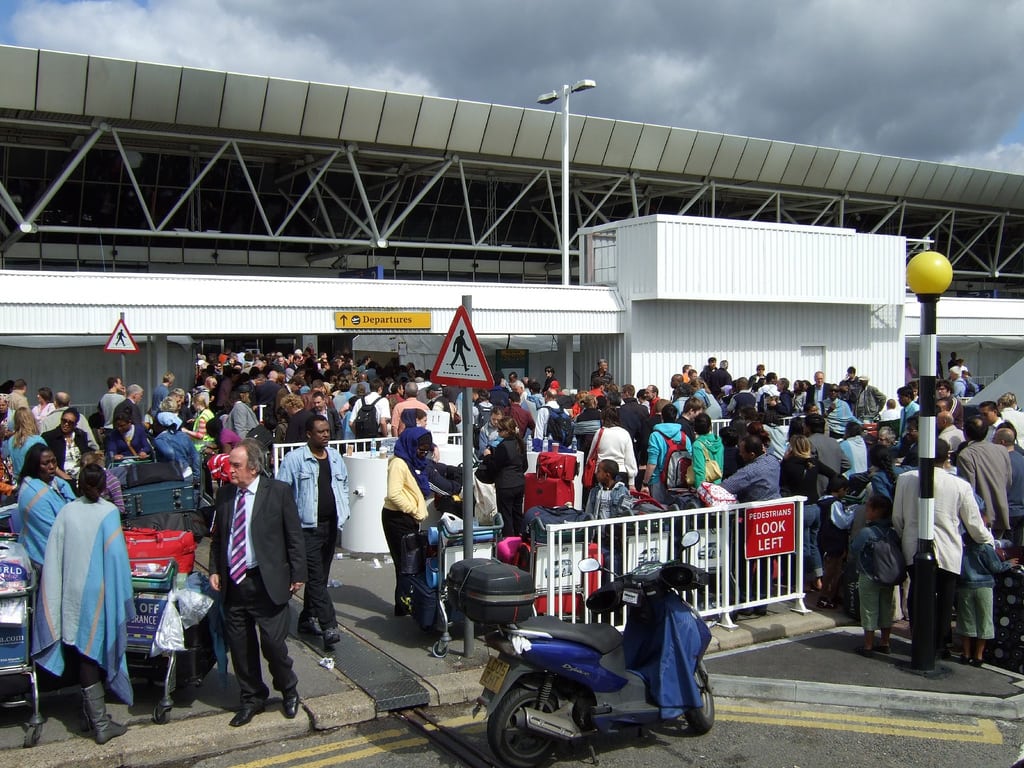Skift Take
Governments are turning to their thriving tourism industries for a boost in revenue, but these taxes’ effects will hurt the industry’s image in the long run.
The boost to the British tourism industry following the 2012 London Olympics could be wiped out by next year due to an increase in the country’s controversial air travel tax, according to the World Travel Market‘s 2012 industry report.
The Air Passenger Duty (APD), already the highest and most controversial tax in the travel industry, will rise to a maximum of £188 per person in 2013. Out of 1,0001 surveyed UK holidaymakers, 44 percent reported that the increased taxes would influence their decision to travel overseas. A recent drop in British tourists visiting the U.S. is evidence of tax’s potential impact.
British citizens have been petitioning their government and criticizing their government for the tax since its latest increase in April 2012. The tax could also hurt the tourism industries of destinations that are popular among British tourists.
According to a survey of 1,310 travel professionals, 84 percent also believed that inbound tourist numbers would drop due to the APD. Particularly worrying is the effect the tax will have on visitors from Brazil, Russia, Chia, India, and South Africa. European nations are scrambling to attract these visitors that are spending more and staying longer that tourists from the US or Europe.
The UK has positioned itself as a shopping location for these tourists by touting its luxury brands and catering to tourists in their native language, but high taxes and a complicated visa process will make the UK’s European neighbors a more attractive choice for foreign tourists.
The Daily Newsletter
Our daily coverage of the global travel industry. Written by editors and analysts from across Skift’s brands.
Have a confidential tip for Skift? Get in touch
Photo credit: Massive lines form after delays at Heathrow Airport. James Long / Flickr.com
